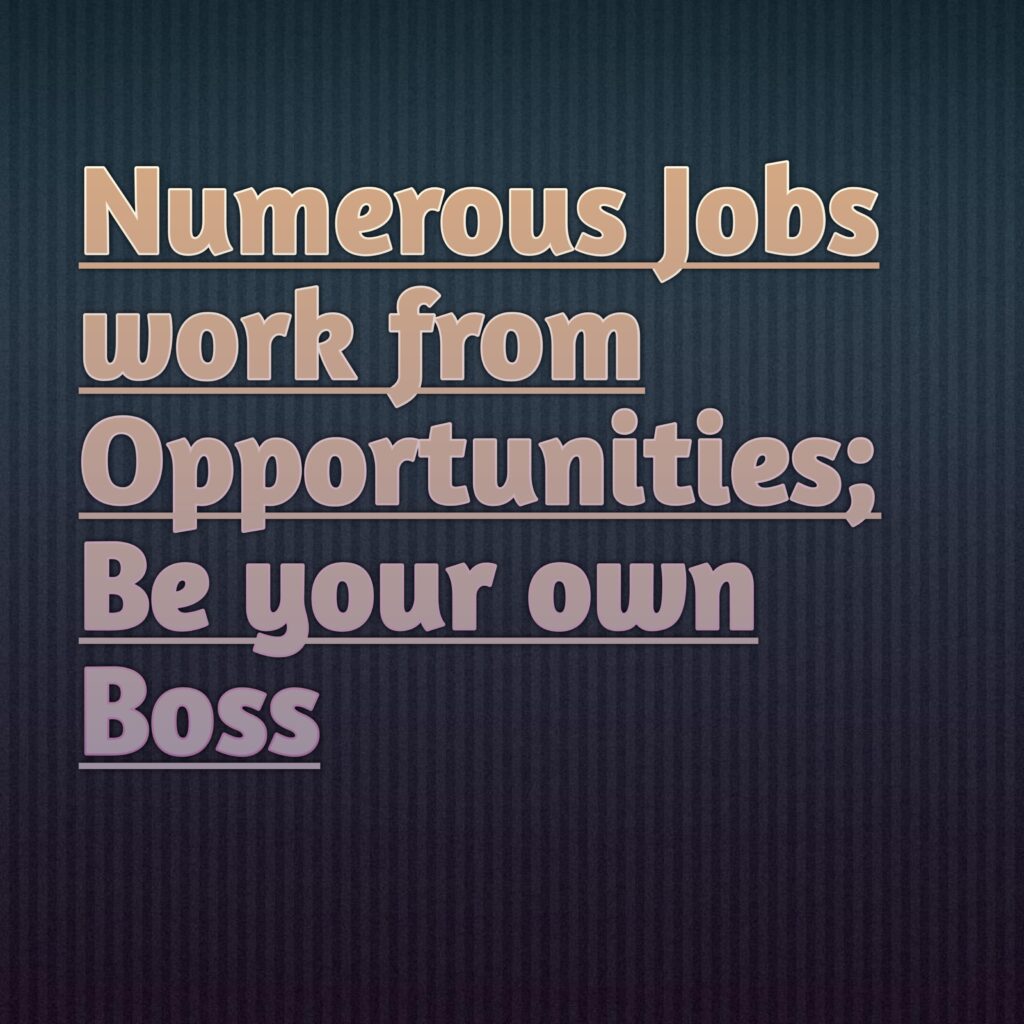As an employee, it’s natural to want to be recognized for your hard work and dedication to your job. And one of the most common ways for that recognition to be shown is through a raise or promotion. However, asking for a raise or promotion can be intimidating, especially if you’re not sure how to approach the conversation. In this post, we’ll cover some tips and strategies for negotiating a raise or promotion successfully.
How to Negotiate a Raise or Promotion.
1. Know Your Worth
Before you even start the conversation about a raise or promotion, it’s important to have a clear understanding of what you bring to the table. Research the salary range for your job title and experience level, and gather evidence of your accomplishments and contributions to the company. This information will give you a solid foundation for your negotiation and help you make a compelling case for why you deserve a raise or promotion.
2. Timing Is Key
Timing is crucial when it comes to negotiating a raise or promotion. You don’t want to ask too soon, before you’ve had a chance to prove your value to the company. On the other hand, you don’t want to wait too long, either. If you’ve been in the same role for a few years without any upward movement, it may be time to have a conversation about your career goals and how the company can support them.
3. Prepare Your Pitch
When you’re ready to have the conversation about a raise or promotion, it’s important to come prepared with a clear and concise pitch. Start by expressing your gratitude for the opportunity to work for the company and your enthusiasm for your job. Then, explain why you believe you deserve a raise or promotion, citing specific examples of your accomplishments and contributions to the company. Be sure to emphasize the value you bring to the team and the company as a whole.
4. Practice Active Listening
Effective negotiation requires active listening, which means listening carefully to the other person’s perspective and being open to compromise. If your employer expresses concerns or hesitations about granting a raise or promotion, listen carefully and try to understand their point of view. You may be able to find common ground and come up with a mutually beneficial solution.
5. Be Flexible
When negotiating a raise or promotion, it’s important to be flexible and open to different options. Maybe your employer can’t offer you the salary increase you’re hoping for, but they can offer additional benefits or a flexible schedule. Consider all of the options and be willing to compromise to reach a mutually beneficial agreement.
6. Follow Up
After the conversation, it’s important to follow up with your employer to confirm the details of the agreement and ensure that everyone is on the same page. If you were successful in negotiating a raise or promotion, express your gratitude and continue to work hard to show your value to the company.
Bottom Line
Remember, negotiating a raise or promotion is not just about getting more money or a better title. It’s about recognizing your value as an employee and investing in your own professional growth and development. With the right mindset, preparation, and communication skills, you can successfully negotiate a raise or promotion and take your career to the next level. So don’t be afraid to speak up and advocate for yourself – you deserve it!
You Might Also Like to Check Out These 8 Proven Strategies to Land Your Dream Job Quickly






